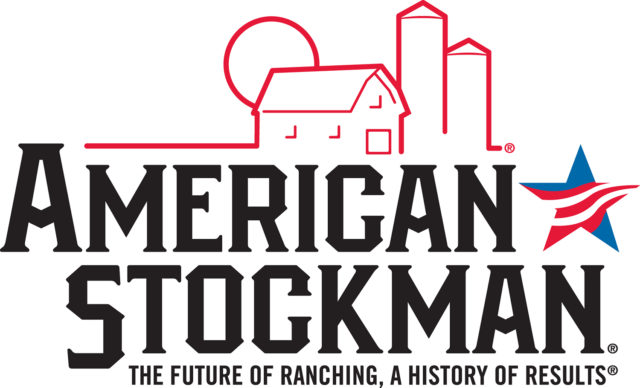Sen. Roger Marshall (R-Kansas) and Sen. Peter Welch (D-Vermont) introduced a bipartisan bill, the Direct Interstate Retail Exemption for Certain Transactions (DIRECT) Act, on May 10. The bill aims to assist small meat processors and producers through increased flexibility of online sales and distribution.
If passed, the DIRECT Act would allow for beef, pork and poultry producers to sell their products through e-commerce across state lines – without the current regulation of going through a USDA-inspected facility. Instead, the act would only require producers to follow state inspection programs.
“During the pandemic, we saw first-hand the resiliency challenges of our food sector – millions of people stopped going to restaurants and started looking to cattle producers to source their beef directly from the farm,” said Marshall in a press release. “Unfortunately, the number of USDA-inspected facilities needed to meet consumer demand was lacking.”
Many state inspection programs have standards set equal to that of the Federal Meat Inspection Act and the Poultry Products Inspection Act. Programs are also subject to audits by the USDA Food Safety Inspection Service (FSIS). Both elements protect the safety of products sold in the proposed legislation.
“The DIRECT Act allows smaller processors to sell beef in different and innovative ways, supporting cattle producers while also ensuring the safety of our product,“ said National Cattlemen’s Beef Association (NCBA) President-Elect Mark Eisele in a statement reiterating NCBA’s support of the bill.
The act would permit processors, butchers and retailers to sell normal retail quantities of 300 pounds of beef, 100 pounds of pork and 27.5 pounds of lamb.
Willy Snyder, owner of Snyder’s Custom Cuts in Chubbuck, Idaho, said he feels this has the potential to be very beneficial for a smaller meat processor like himself. His business has seen an increase in clients who want more direct products. He said having the opportunity to work within the state regulations and reach a wider customer base could definitely help his business continue to grow.






